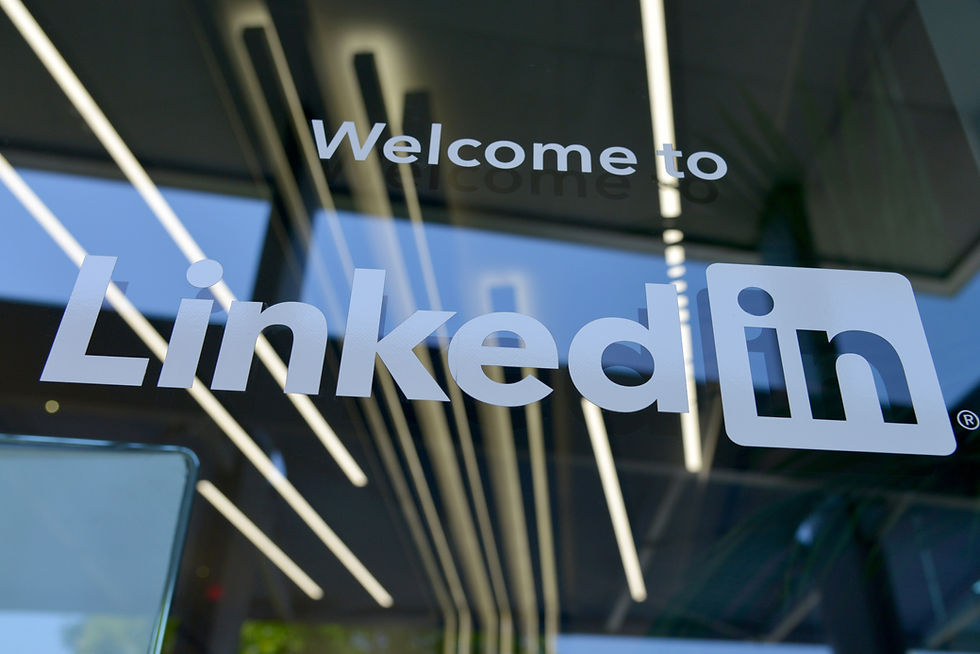Do I need a press release?
- Life PR

- Oct 10, 2023
- 2 min read

Press releases are often associated with garnering publicity, but they're not the sole means to promote your business. Let's delve deeper into what a press release entails and when it's best utilized.
What is a press release?
A press release is an official announcement sent to a targeted list of journalists. It should resemble a news story, containing all the essential elements for reporters to craft their articles: the who, what, when, where, why, and how. A captivating headline is essential to grab attention. Press releases can be sent under embargo, with strict publication restrictions, or for immediate release.
What are they useful for?
Press releases shine when you aim to reach a broad audience and disseminate news or announcements widely. They are the go-to format for established companies launching new products, startups securing funding, or sharing research findings and survey results. The goal is to attract the interest of relevant journalists, resulting in publication across multiple media outlets, boosting brand awareness and credibility.
Press releases can also introduce you to journalists, even if they don't publish the story immediately. One significant advantage is that you control the narrative, though journalists may revise, question, or adapt it. It offers a chance to define your mission, tone, and perspective and amplify your message through a trusted channel.
What are the drawbacks?
One major drawback is that journalists receive an overwhelming number of press releases daily. To be considered, your release must be highly relevant or exceptionally newsworthy. Journalists favor exclusive stories, and they often assume that any press release they receive has also reached their counterparts at rival publications.
Many press releases lack newsworthiness. While your new client, partnership, or business award is significant to you, journalists may not find it compelling, unless you're a major corporation like Apple or Meta. Consider whether your release genuinely holds wider interest and substance from the recipient's perspective, as journalists are time-constrained and often decline good pitches due to time limitations.
Crafting a robust press release takes time and approvals, making it futile if it ends up in the bin.
How else can I gain publicity for my small business?
Fortunately, writing a press release isn't the sole route to capture a journalist's attention. A more personalized and tailored approach, known as pitching, can be highly effective. Pitch emails should be concise, offering a few well-crafted sentences to propose an exclusive story. Make it sound personal, not like a mass email, and clarify that you're offering an exclusive story relevant to them. Mention why it matters to them, citing their past work or expertise in your industry.
If successful, you can secure high-quality press coverage in your target publication.
If your story doesn't quite merit a press release or pitch, explore alternative ways to spread the word. For instance, if you've made a significant hire, check if a relevant trade publication features a 'movers and shakers' column and submit your news directly. Alternatively, consider social media or a blog post to share your news.
So, when you have something to share, resist the urge to default to a press release. Explore the alternatives; they can save you time and potentially have a more significant impact.
.png)



Comments